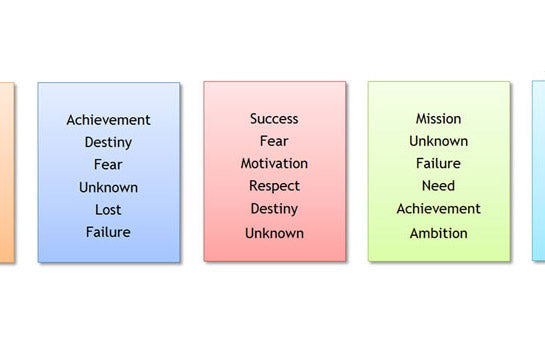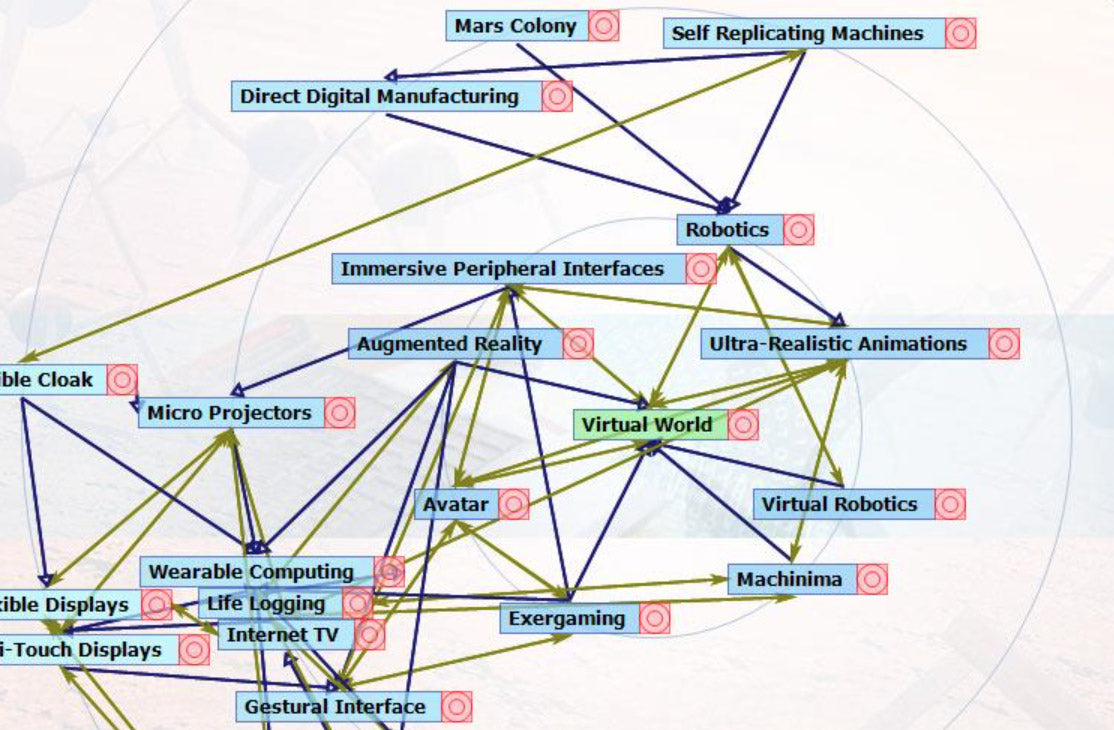Purpose
This exercise facilitates discussion of ethical dilemmas. In most job, some decisions are not straight forward to make because one clear choice comes with certain ethical issues. The question then becomes more of what is right or wrong to do, what is conscientious, and sometimes even what is legal.
In today’s fast changing world, there is a lot of pressure on being politically correct. The ease at which bad news can be magnified through social media and interpreted the wrong way also exasperates the problem. It pays to study and practice the art of ethical decision making.
This exercise presents a series of ethical dilemmas through which you can address a variety of subjects. The discussions are key in this exercise which should be controlled based on what you want to teach. For example, if you are using this exercise in a course on management skills, you should relate this to the kind of decisions a manager needs to make and the resources available to him or her.
Review the scenarios provided and consider adding your own scenarios based on your training requirements to tailor the exercise to your training needs.
Objective
Review a scenario and decide the best course of action.
What You Need
- A series of scenarios. You need one scenario for each group of three delegates. These scenarios are provided below. Consider adding your own.
Setup
- Explain the purpose of the exercise so delegates know what is expected of them before you distribute the scenarios.
- Divide the delegates to groups of three.
- Distribute a scenario to each group.
- Ask each group to review their scenario and evaluate each choice. They should then come up with the pros and cons of each option. Finally, they must recommend a course of action and be able to justify it.
- Allocate 15 minutes for this part.
- Bring back everyone together and ask each group to present their findings.
- Encourage other groups to challenge the suggestions and moderate a controlled discussion.
- Highlight key learning points.
Timing
Explaining the Exercise: 2 minutes
Activity: 15 min scenario analysis + 20 min group discussions = 35 minutes
Group Feedback: 10 minutes
Discussion
Was it easy to come up with a decision in your group? What did others think when you presented your answer? Did you change your mind? What did you think of other groups’ scenarios and decisions? Was there a common theme for the dilemmas experienced across all scenarios?
Scenarios
Scenario 1:
You are a manager and have received two CVs. One CV is from an individual with a university degree and 20 years of experience in the industry. The person is relatively successful and wants to work for a new company.
The second CV is from a recent graduate with no experience but has studied in the same university and field as you did. This person’s studies are directly in line with the work that your organisation does, and as chance has it, this candidate is also a keen windsurfer, just as you are.
In your view, they both seem to be good candidates, but you can only hire one. The recent graduate is fresh blood for the organisation and is malleable but requires significant training and familiarisation with the industry.
The other candidate is older with real-world experience. Has contacts in the industry which can be useful for your business. You can delegate your ever-increasing workload and use your time to do more important tasks.
Would you hire the young guy because of a common hobby and a common university? Or would you get the experienced guy?
Scenario 2:
You are a line manager in a medium size tech company. You are about to close a deal with an important client. However, the signing of the contract is delayed because you need certain data which is on another manager’s computer. She is currently away on holiday and you cannot wait until she is back. You work closely together and you know what her login password is. You decide to go to her office and use the password to gain access to her computer, get the data you need and proceed to close the deal. This deal is important and can help with your potential promotion. When you login to her computer, you get a few notifications on new email messages. You recognise one where she is communicating with a high-up manager of a rival competitor, sharing sensitive data. You don’t want to rummage for too long, you get your data and logout of the computer, feeling guilty that you have breached a level of trust. The data you were after will help you win your contract. Though you wonder what to do with the information you just gained. Should you confront her when she is back? Should you let HR know, leading to possible disciplinary action? If so, you will have to declare how you came about the information, which can in turn get you in trouble. What would you do?
Scenario 3:
Your company produces a widget. The manufacturing cost of this widget has dropped by 50%. One of your customers is a friend of one the top managers in the company and has found out about this. He wants to place an order and expects to get a discount. You as a manager, approve this discount and the sale goes ahead. Shortly after, another client places the same exact order for the widget. This client is a long-term customer and one of your best friends but doesn’t know anything about the drop in manufacturing costs. Would you tell her about the reduction in manufacturing costs and offer her a similar discount or would you withhold the information and let her pay the full price?
Soft Skills Training Materials
Get downloadable training materials
Online Train the Trainer Course:
Core Skills
Learn How to Become the Best Trainer in Your Field
All Tags
Training Resources for You

Course Design Strategy
Available as paperback and ebook

Free Training Resources
Download a free comprehensive training package including training guidelines, soft skills training activities, assessment forms and useful training resources that you can use to enhance your courses.

Our Comprehensive Guide to Body Language

Train the Trainer Resources
Get Insights - Read Guides and Books - Attend Courses
Training Materials
Get downloadable training materials on: Management Training, Personal Development, Interpersonal Development, Human Resources, and Sales & Marketing














Leave a comment
All comments are moderated before being published.
This site is protected by reCAPTCHA and the Google Privacy Policy and Terms of Service apply.